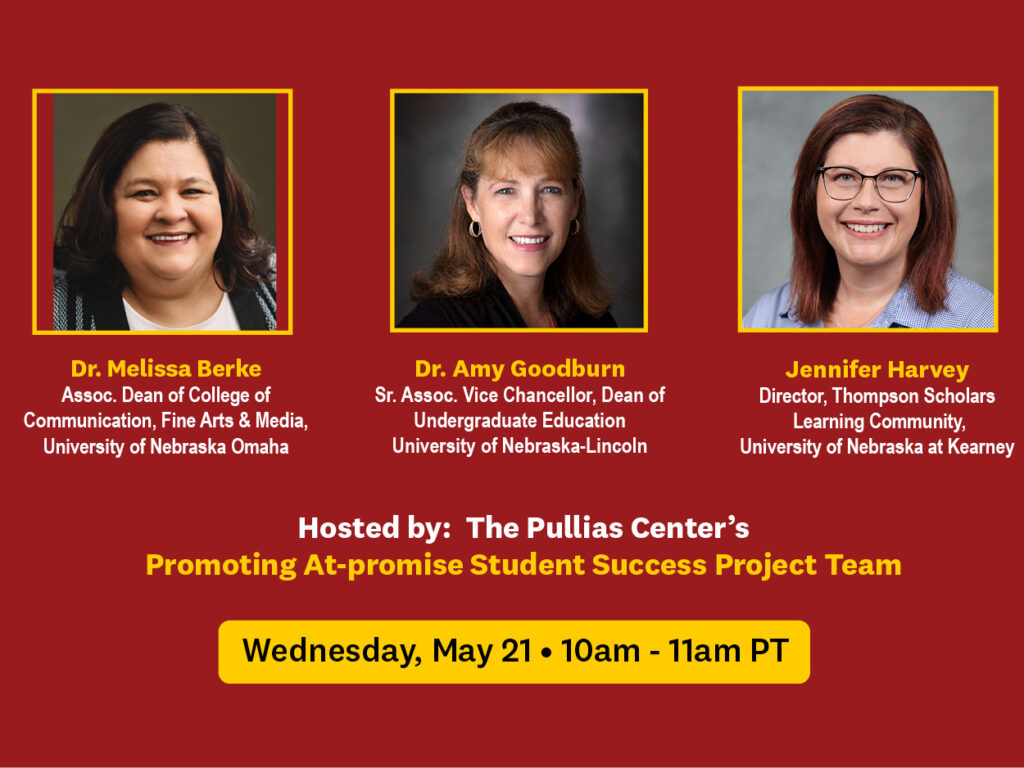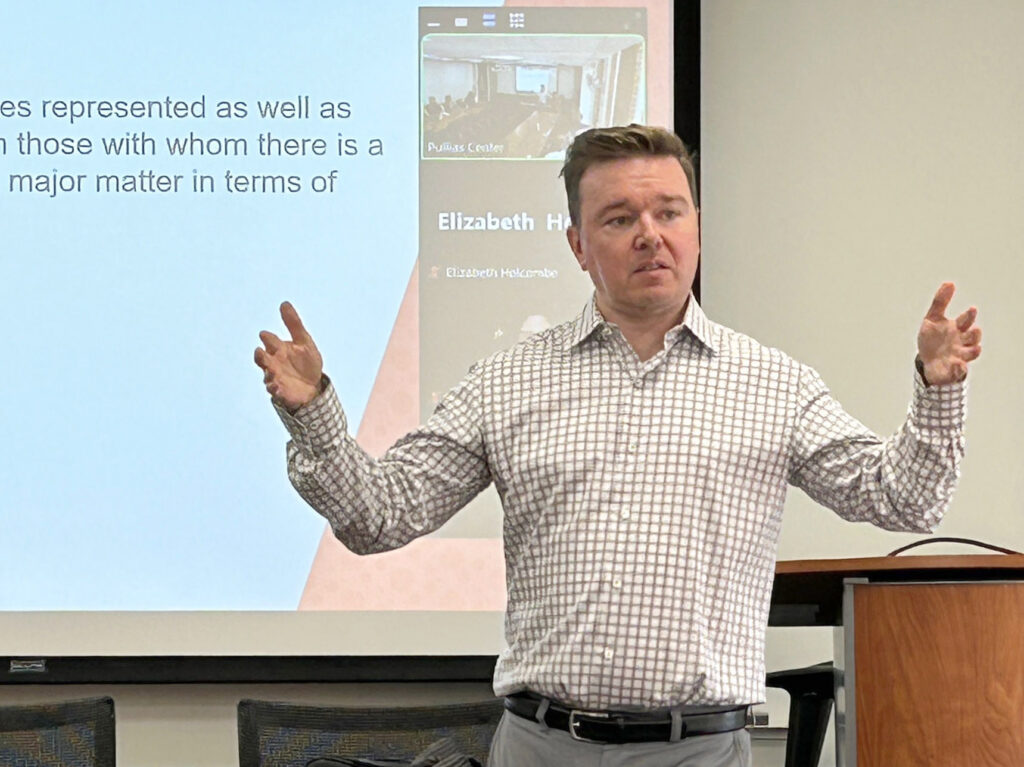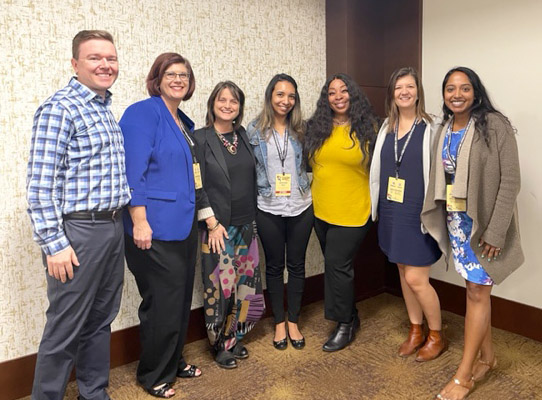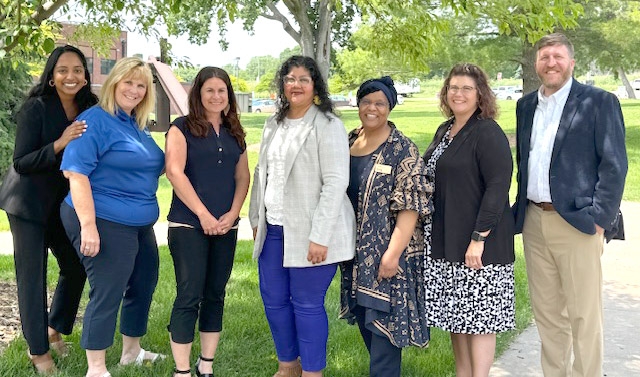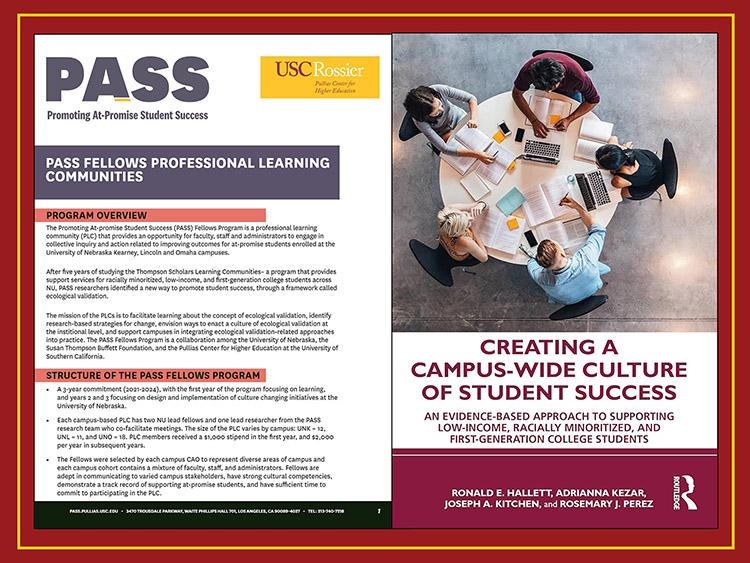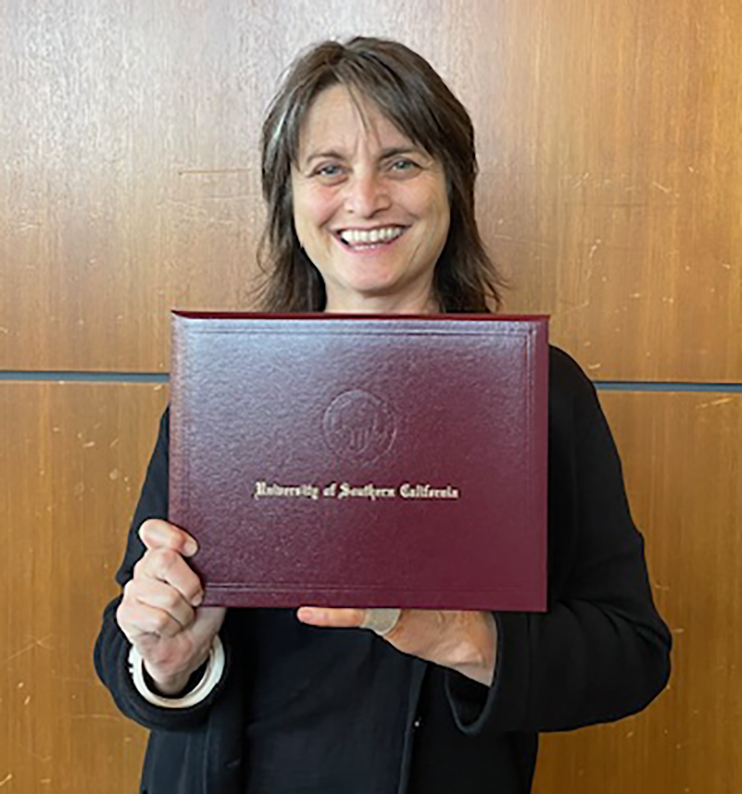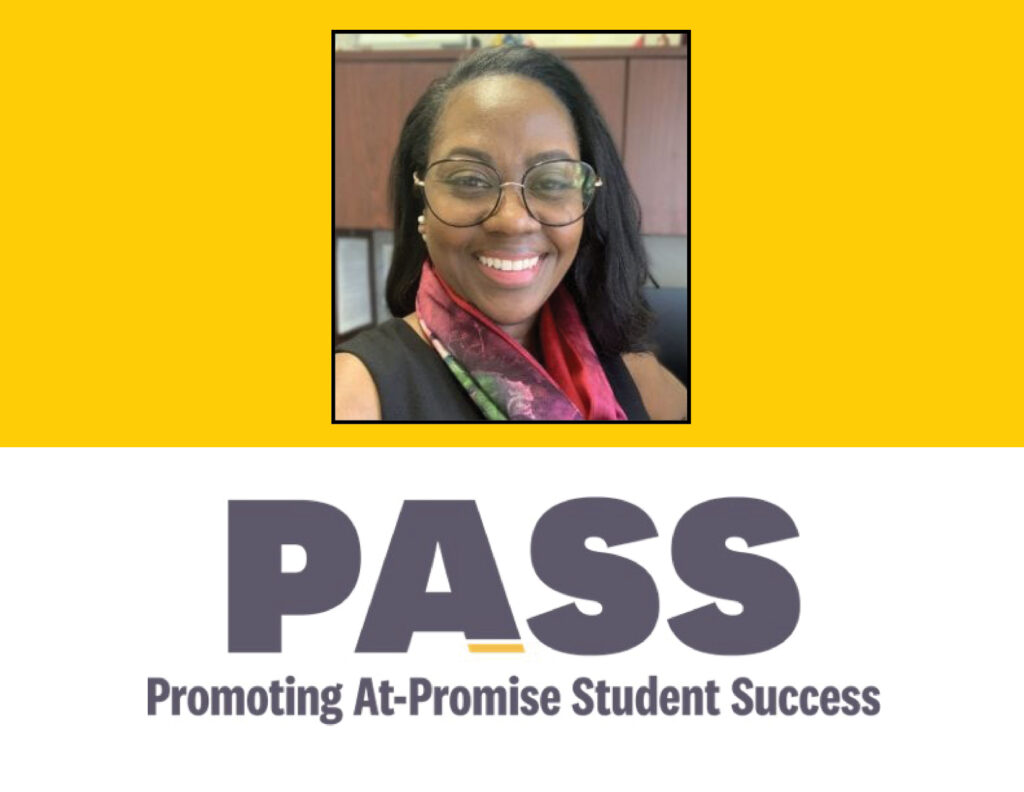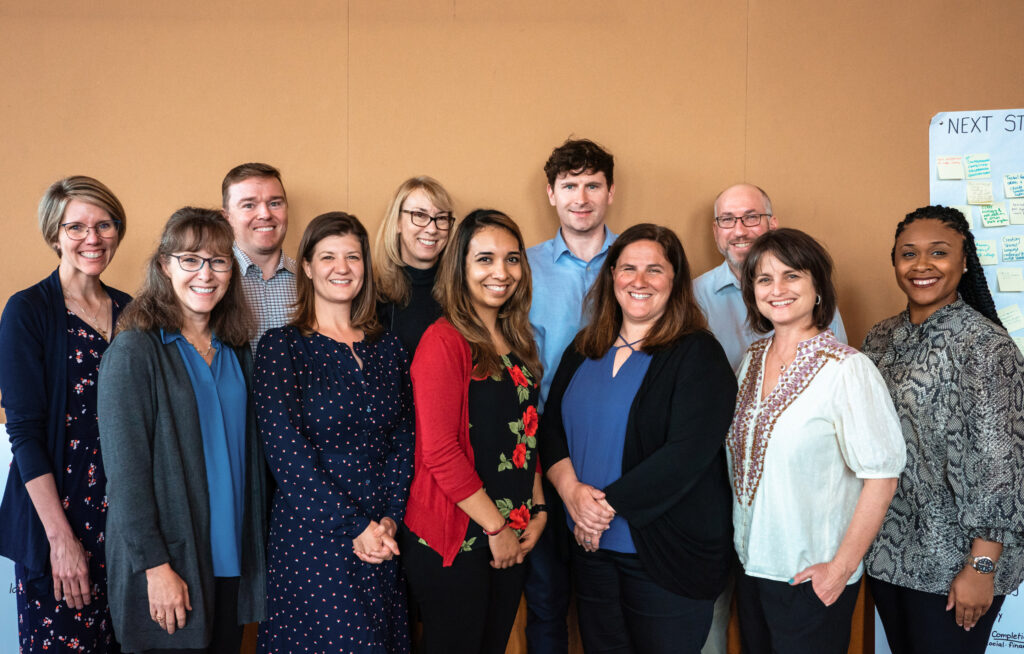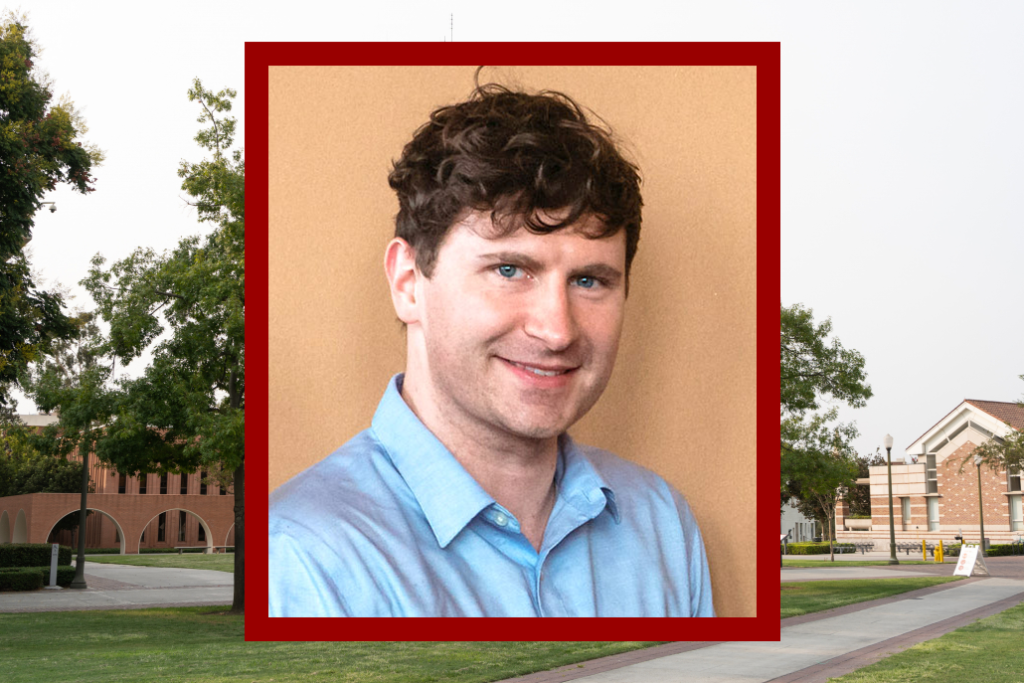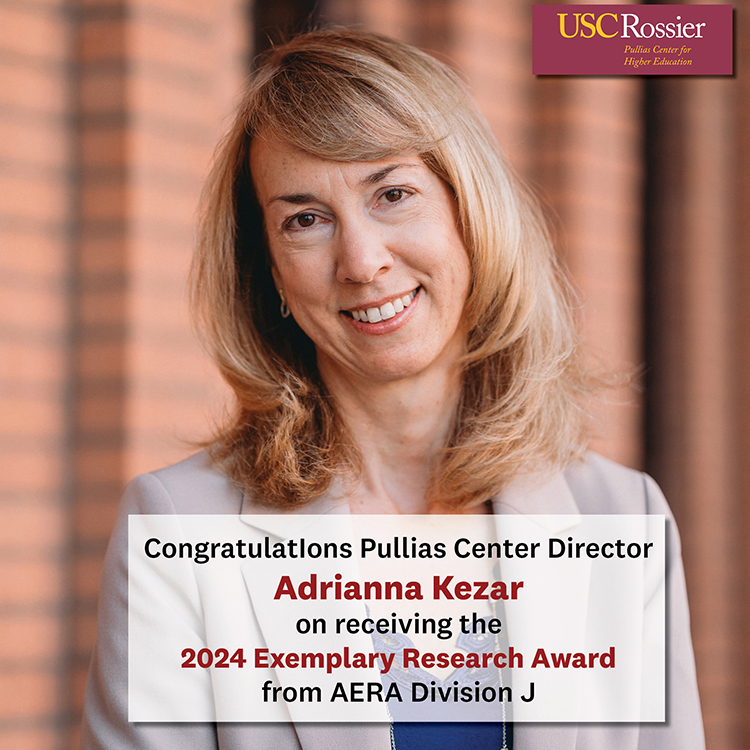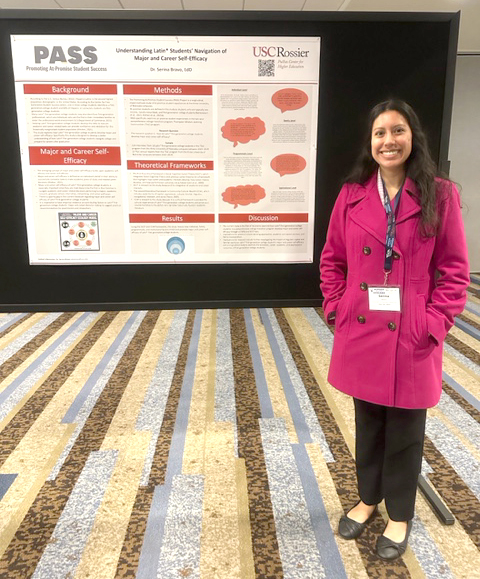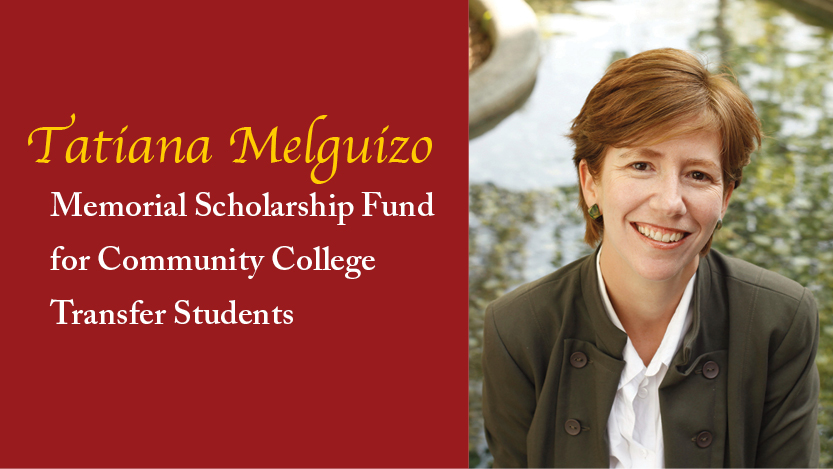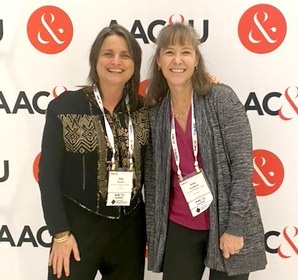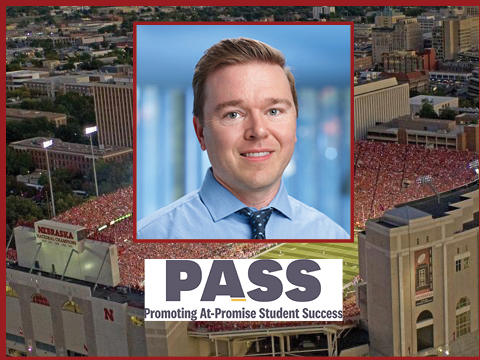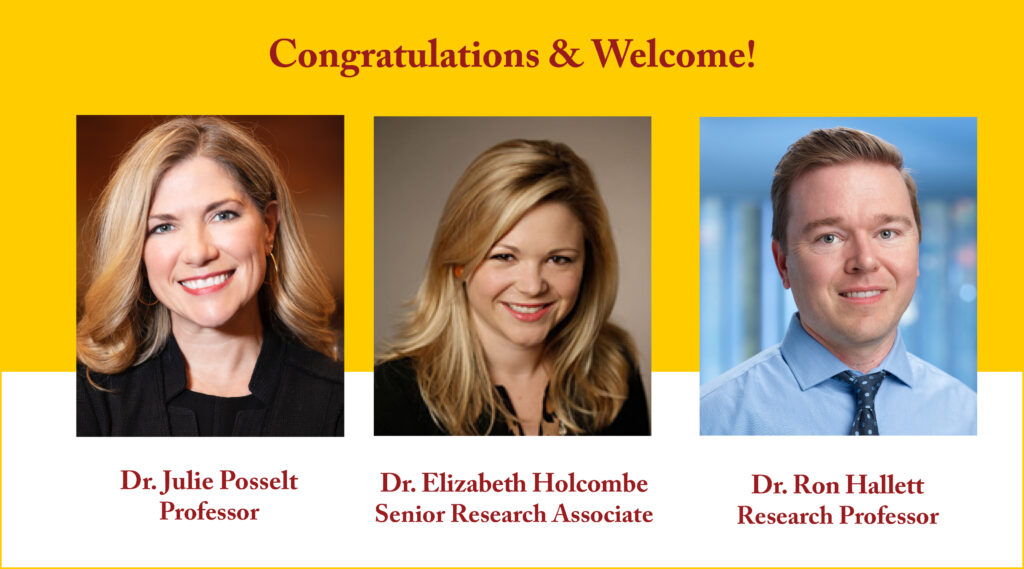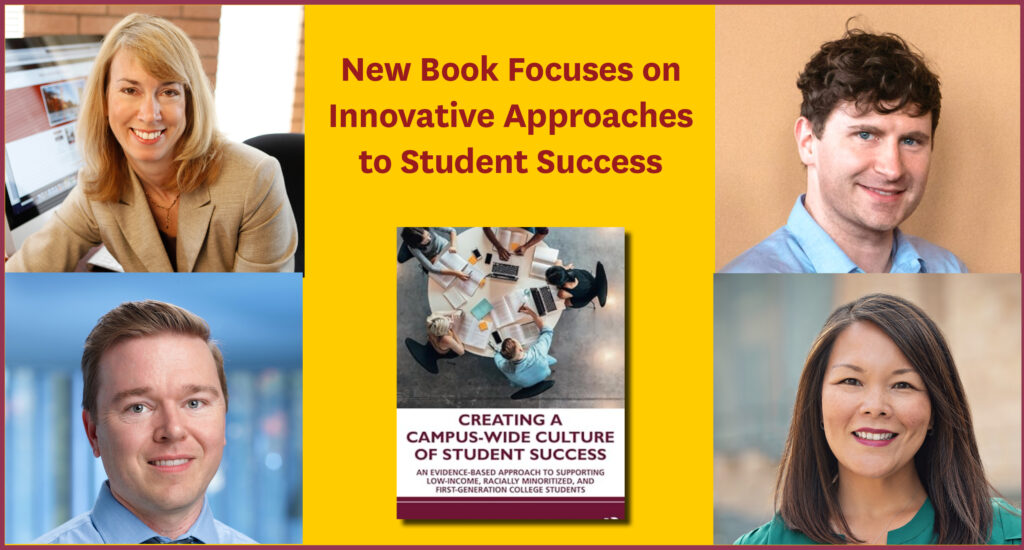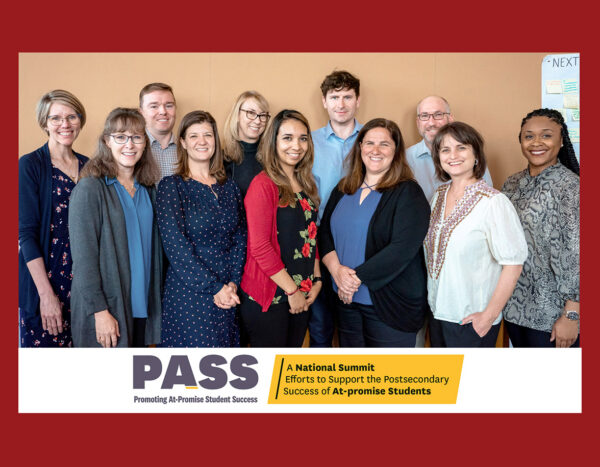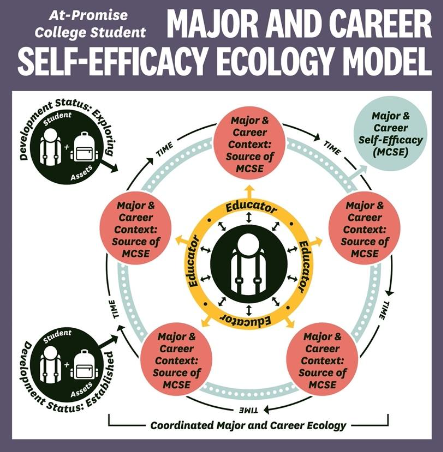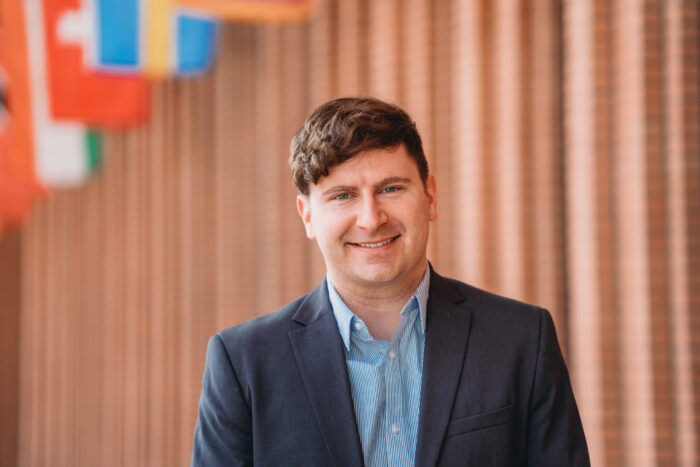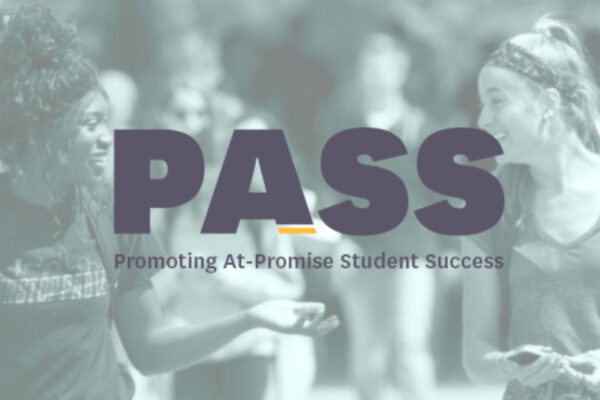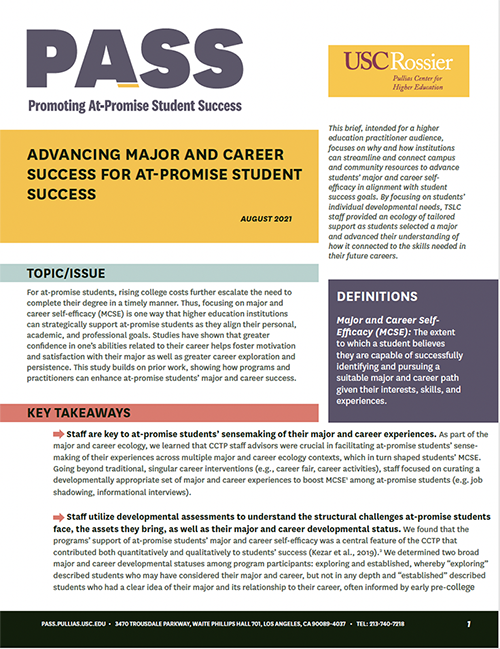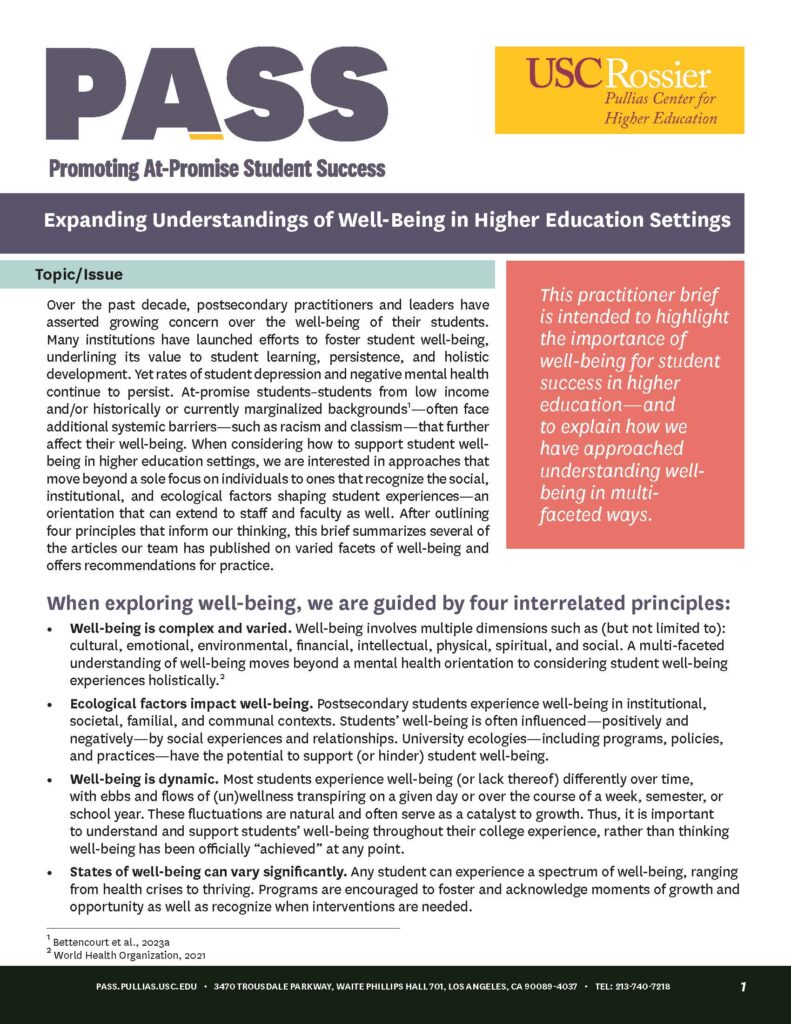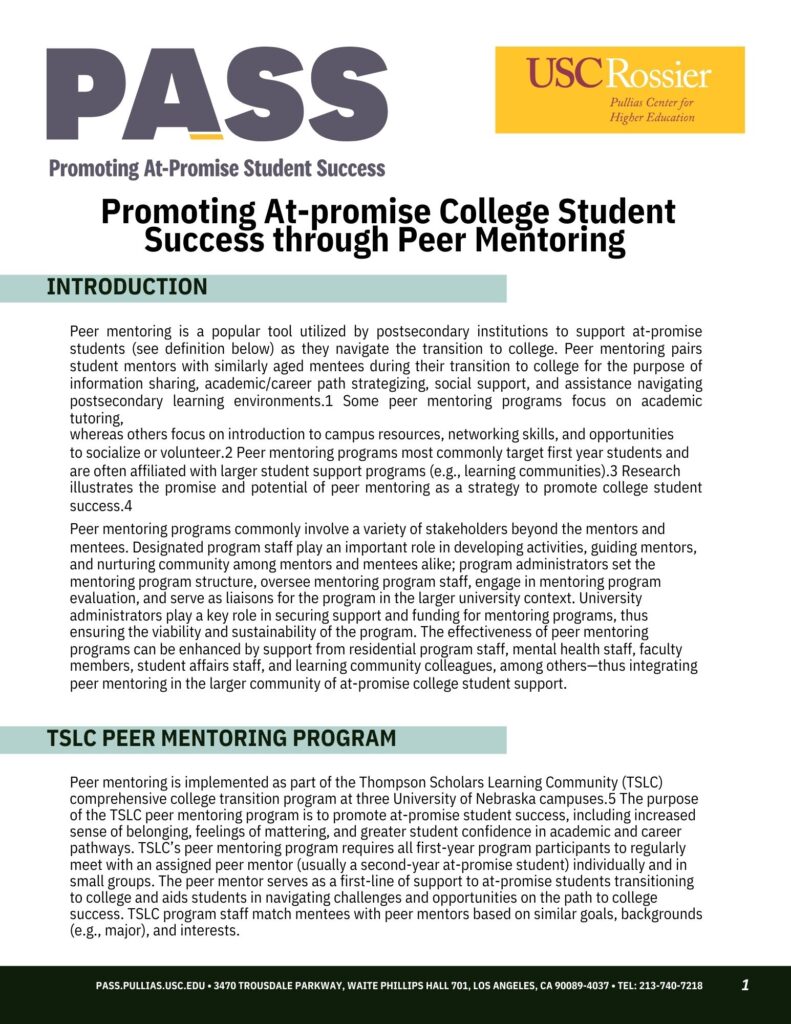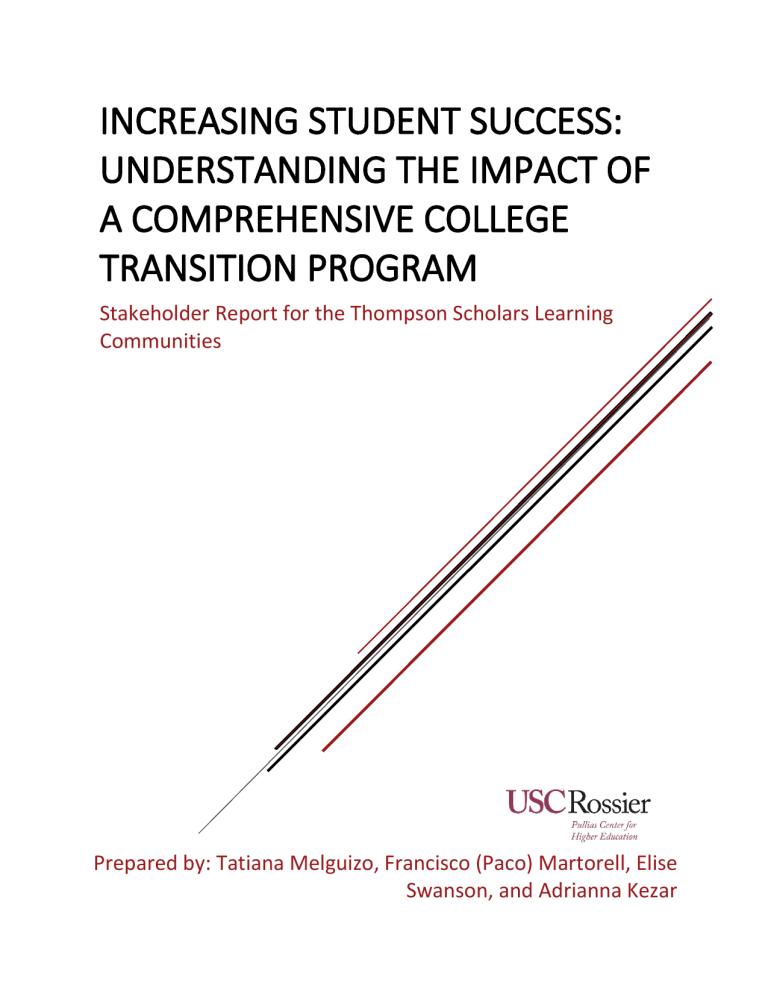
Description
The Promoting At-Promise Student Success Project (PASS) Project is a multi-year mixed-methods research project dedicated to deepening understandings of student success in postsecondary institutions.
The first phase of the project (PASS – Phase I) transpired over six years and sought to explore, document, and better understand whether, how, and why the Thompson Scholars Learning Communities (TSLC) program at three University of Nebraska campuses translated into greater student academic and psychosocial success.
The second phase of the project (PASS – Phase II) expands our research focus to consider the experiences of at-promise students who do not participate in TSLC programs. We have also launched a series of Professional Learning Communities designed to support campuses in applying lessons learned from the first phase of research in an effort to cultivate validating campus ecologies.
To learn more and access the full library of videos, reports, and briefs:
Project News
Project Team
PASS Phase II Project Leads:
Adrianna Kezar
Change Consultant
Professor, USC
Zoë Corwin
Principal Investigator
Research Professor, USC
Joseph Kitchen
Co-Principal Investigator
Associate Research Professor, USC
Nick Bowman
Co-Principal Investigator
Professor, University of Iowa
Ronald Hallett
Co-Principal Investigator
Research Professor, USC
Rosemary Perez
Co-Principal Investigator
Associate Professor, University of Michigan
PASS Phase I Project Leads:
Adrianna Kezar
Principal Investigator
Professor, USC
Tatiana Melguizo
Co-Principal Investigator
Professor, USC
Darnell Cole
Co-Principal Investigator
Professor, USC
Robert D. Reason
Professor, Iowa Academy of Education
Professor, University of LaVerne
Joseph Kitchen
Co-Principal Investigator
Associate Research Professor, USC
Ronald Hallett
Co-Principal Investigator
Research Professor, USC
Rosemary Perez
Co-Principal Investigator
Associate Professor, University of Michigan
Publications
Select Journal Articles on Career Development:
Perez, R. J., Hypolite, L. I., Bettencourt, G. M., & Hallett, R. E. (2025). How the game is played: Low-income students’ experiences with career development programming. Journal of Postsecondary Student Success, 4(3), 56-81.
Kitchen, J. A. (2023). Rethinking traditional approaches to major and career development: The major and career ecology model. Academic Leader.
Kitchen, J. A., Kezar, A., & Hypolite, L. I. (2023). At-promise college student major and career self-efficacy ecology model. Journal of Diversity in Higher Education, 16(3), 369.
Kitchen, J. A. (2021). Promoting college students’ major and career self-efficacy through validating support. Journal of College Student Development. 62(4), 422-437.
Kezar, A., Hypolite, L., & Kitchen, J. A. (2020). Career self-efficacy: A mixed-methods study of an underexplored research area for first-generation, low-income, and underrepresented college students in a comprehensive college transition program. American Behavioral Scientist, 64(3), 298-324.
Kitchen, J. A., Kezar, A., & Hypolite, L. I. (2021). More than a pathway: Creating a major and career ecology that promotes the success of low-income, first-generation, and racially minoritized students. About Campus, 25(6), 4-12.
Perez, R. J., Bettencourt, G. M., Hypolite, L. I., & Hallett, R. E. (2023). The tensions of teaching low-income students to perform professionalism. Journal of Diversity in Higher Education. Online First. 10.1037/dhe0000455.
Hypolite, L. I., Kitchen, J. A., & Kezar, A. (2022). Developing major and career self-efficacy among at-promise students: The role of a comprehensive college transition program. Journal of College Student Retention: Research, Theory & Practice, 26(4), 1028-1052.
Partner

The University of Nebraska is the state university system of Nebraska, composed of four coeducational campuses. TSLC programs exist on three University of Nebraska campuses — Kearney, Omaha and Lincoln —and serve a combined total of more than 2,300 scholars each year.
Funder
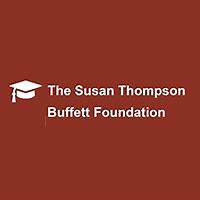
The Susan Thompson Buffett Foundation has offered scholarships to college students in Nebraska for over 60 years. TSLC is a college success and transition program initiated in 2008 and funded by the foundation in partnership with the University of Nebraska system.




